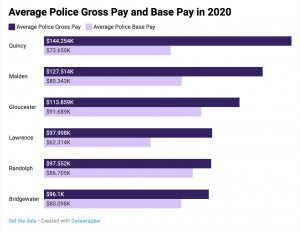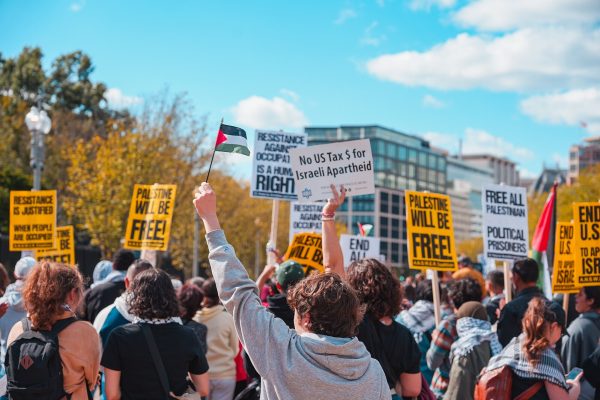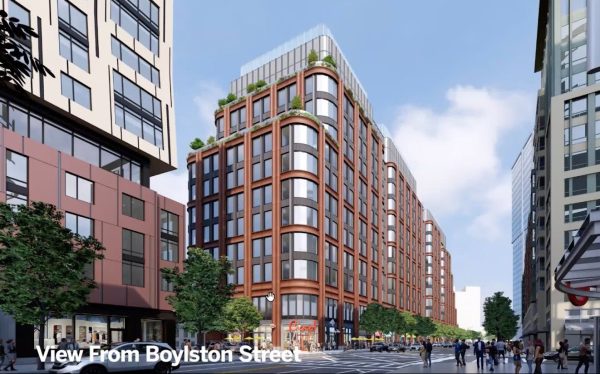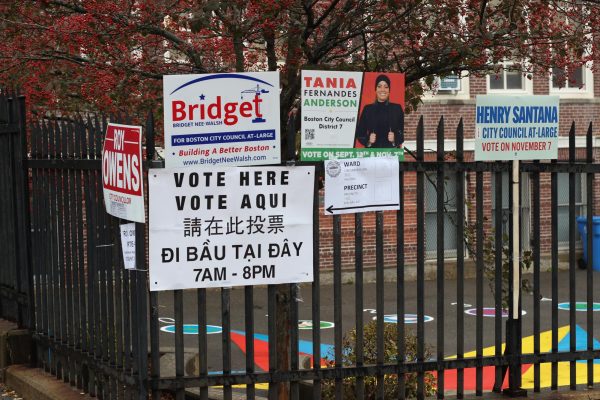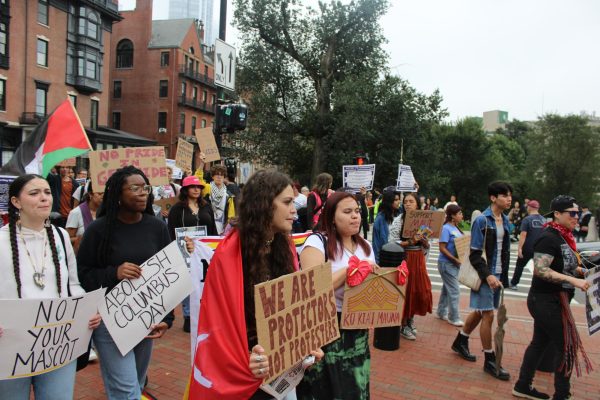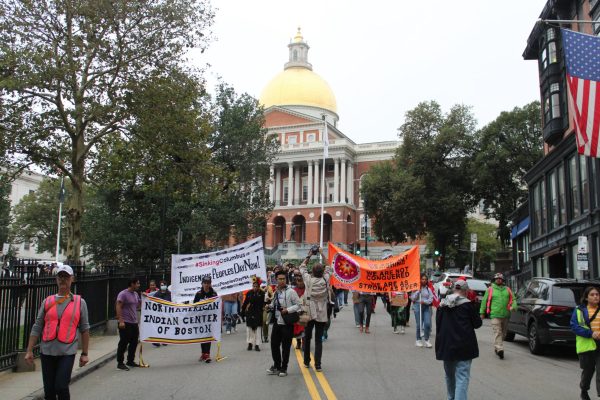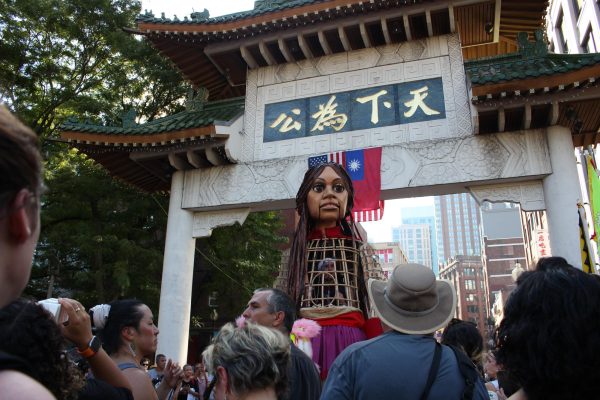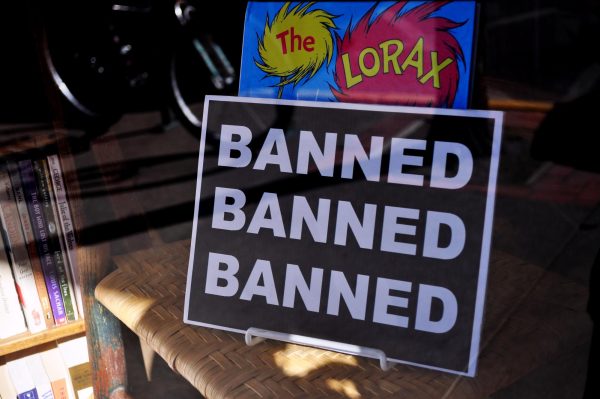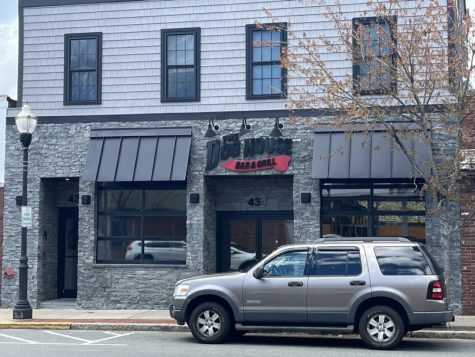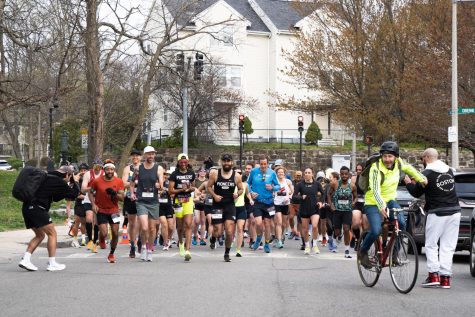Massachusetts bans evictions during coronavirus
April 24, 2020
On Monday, Massachusetts Governor Charlie Baker signed a bill placing a moratorium on evictions and foreclosures in the state during the COVID-19 pandemic.
Reps. Kevin Honan (D-Allston-Brigton) and Mike Connolly (D-Cambridge-Somerville) sponsored the bill, which moved from the Massachusetts house and senate to the governor’s desk on April 17. The new law protects both residents and small businesses, and prevents landlords from attempting any stage of eviction, including sending tenants eviction notice letters or charging late fees on rent.
“This is more than just a housing justice issue, it is a public health issue,” Honan wrote on Twitter, Monday afternoon. “In a time where our collective health and safety depends on the ability of each of us to shelter in place, the need for housing stability has never been greater.”
On March 18, Massachusetts Housing Court suspended all non-emergency proceedings, including evictions, until April 21, a date that was later extended to May 4. The moratorium passed by the governor is a more comprehensive ban with a longer timeline and prevents cases from being settled outside of court.
Over 200 political organizers and 1,000 Massachusetts residents advocated in favor of the bill, filling Baker’s inbox with hundreds of emails in the week before its passage. Jamaica Plain-based housing activist group City Life / Vida Urbana was one of them.
“The old rules, where real estate groups legislate our housing system, don’t apply anymore — we have to move beyond that system for our survival now,” said Ronel Remy, a housing justice organizer with City Life/Vida Urbana.
Betty Lewis is a grandmother and tenant association leader in Mattapan. She received an eviction notice last week because she can’t afford the $300 rent hike from Corcoran Management, who owns her building. This latest legislation means her eviction proceedings are on pause.
“A lot of people don’t have money, we’re just getting by. We’re real humans, real people, we deserve to have a place to stay,” Lewis said.
Large real estate groups, such as Greater Boston Real Estate Board, MassLandlords and the Small Property Owners Association, argued against the bill before it passed, some saying that it violates the state’s constitution. Many disagreed with the bill’s ban on eviction notices.
Advocates said the legislation is important to prevent Massachusetts residents from contracting the novel coronavirus.
“This legislation is crucial for public health,” says Andrea M. Park, an attorney at the Massachusetts Law Reform Institute. “If we are going to stay home to prevent the spread of the coronavirus, we must all have a home to stay in.”
The moratorium will last for 120 days, or for 45 days after the governor lifts the COVID-19 state of emergency, whichever comes first.

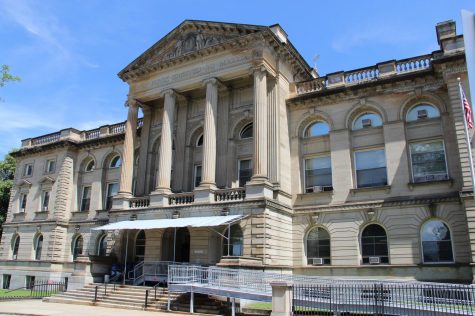
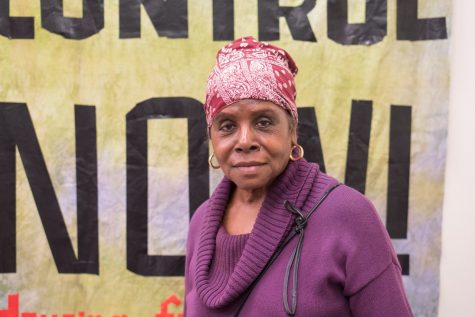





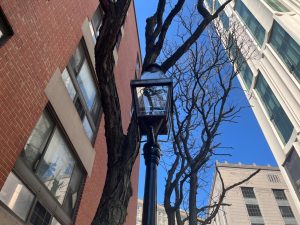
![Worcester, MA — Pearson’s recent piece “Lipstick on a Pig” contends with her self-perception. The title of the painting came to her first, “fixating in [her] head quite a lot,” Pearson said.](https://thescopeboston.org/wp-content/uploads/2024/03/2-300x200.jpg)
